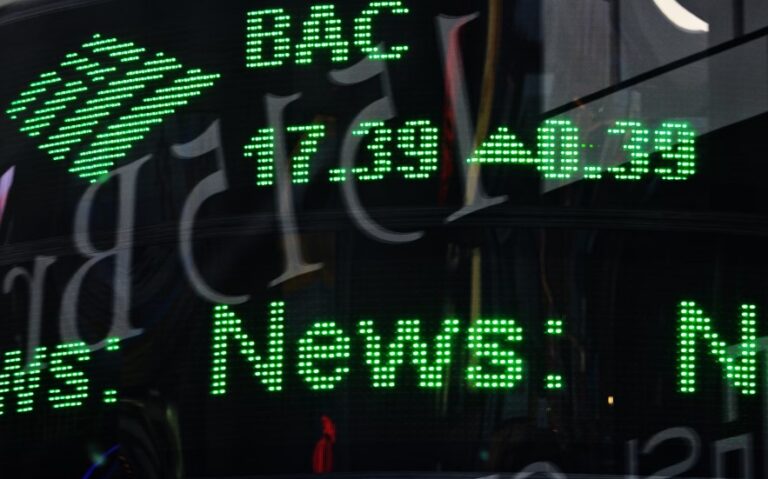What is the target price? Understanding the meaning, definition and use of this term is essential to successfully move in the financial market, especially in the stock market.
Defined as the price objective established by analysts or financial advisors on a security, the target price represents the ideal goal to achieve the maximum return from an investment.
Let’s see in detail why the target price is so important and how it is calculated through some practical examples.
Table of Contents
Target price: what is it?
The target price, also known as objective price or fair value, represents the point at which a trader or investor decides to close their position, taking profit and maximizing the return on the investment. In summary, the target price is the realization of the best possible scenario for the investor.
Different target prices can be formulated for each security. The target price reflects an analyst’s individual expectation regarding the future price of a security, generally a stock.
Target price, why it is so important
The target price acts as a compass for the investor, a guide that allows you to formulate hypotheses on the performance of the shares. This indicator, proposed by experts, affects decisions to buy, sell or hold shares. Its relevance is closely linked to the accuracy of the forecasts, with recent studies attesting an average reliability of 60-70%.
Now, let’s talk about why the target price is so relevant, especially in the stock market. For example, let’s consider a stock worth $60. If the company publishes negative results, experts can lower the target price from $70 to $50, triggering a massive sell-off and causing the stock to drop to $50.
On the contrary, with positive results, the increase in the target price from 70 to 80 dollars can trigger a buying spree, bringing the stock to 80 dollars.
Target prices require caution in interpretation, as valuations are influenced by many independent variables. In general, the target price, if correctly calculated, mainly highlights strong undervaluations or overvaluations.
In short, the target price plays an important role in stock market moves, where the discrepancy between the current price of the asset and the target price determines a buying or selling trading strategy.
How to calculate the target price
Defining the target price implies an evaluation of the company:
- according to the principles of fundamental analysis: the company that is analyzed from an administrative, accounting and financial perspective;
- with the aid of technical analysis: the future performance of the stock is determined through supports and resistances, Fibonacci retracements and moving averages.
Read also: When do global stock exchanges open and close?
Target price in fundamental analysis
In the first case, the target price is a summary of the values reported in the balance sheet and defined through the discounted cash flows or through some specific balance sheet multiples (price/earnings, EV/EBITDA, etc.) that the analyst considers relevant for that specific asset.
For example, the P/E multiple is often used for industrial companies. While the P/BV may be more relevant for financial institutions. An accurate model is never based on a single multiple but integrates a weighted valuation to thoroughly reflect the financial health of the company.
In this sense, the target price is the result of a complex process, influenced by the individual perspective of the analysts, by a multiplicity of economic factors and by different evaluation methods.
Target price in technical analysis
In the second case, the target price is often associated with an operational strategy and identifies the take profit level. I.e. the value of the asset – identified through technical elements – which, once reached, allows the trader to close the operation and move on to the ‘collection.
Read also: Stock market, which sectors will be protagonists in 2024?






